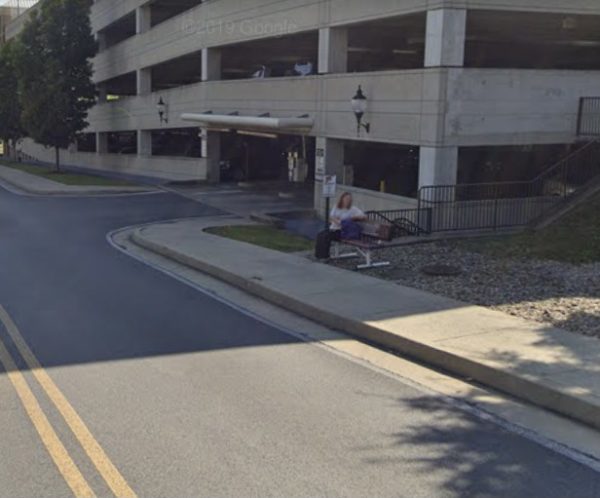A Red Wave Materializes Over West Virginia
Republicans across West Virginia exited election day with even more control of the state’s political landscape.
While none of West Virginia’s executive offices or senate seats were on the ballot, it was a consequential election for the state. 2022 was the first election cycle since West Virginia lost a congressional seat following the 2020 census. West Virginia’s 3rd Congressional District was eliminated due to the loss of population in the mountain state since the 2010 census. Each of these races saw Republicans winning by sizable margins. In West Virginia’s first congressional district, Incumbent Carol Miller, representing Southern West Virginia, defeated Democratic challenger Lacy Watson with 66.7% of votes. Earlier in the year, Alex Mooney unseated David McKinley to become the Republican candidate for West Virginia’s second congressional district. Mooney, representing Northern West Virginia, emerged victorious against Democratic challenger Barry Wendell with 65.6% of votes.
West Virginia Republicans also managed to add more seats to their supermajority in the state Senate. Republicans successfully secured wins in 16 of the 17 races that were being contested. Incumbent Mike Woelfel, of Huntington, was the sole Democratic Senate candidate in the entire state to win a seat on election day. Republicans now control 30 of the 34 Senate seats. Senate Democratic Minority Leader, Stephen Blair, who has served since 2017 also failed to fend off his Republican challenger. Some have questioned the role that redistricting played on election day.
In the House of Delegates, Republicans enlarged their majority to 88 seats. Republicans successfully flipped 10 additional seats on election day. As a result, Democrats now only hold 12 of the 100 seats in the House. Every seat in the House was on the ballot due to the 2-year term of each Delegate. Two Republican incumbents lost on Tuesday. Austin Haynes of Fayette County was unable to survive his challenger after accusations of quid pro quo sexual misconduct and a subsequent lawsuit. The other was Andrew Anderson who was recently chosen to hold the seat until the election. Republicans ran unopposed in 21 House districts.
The result of the election will allow Republicans to pass even more of their agenda through both houses in the upcoming legislative session slated to begin on January 11, 2023. The shift in seats leaves the balance of power in both houses significantly disproportional.
Local elections also tended to favor Republican candidates. Incumbent Harrison County Commissioner David Hinkle bested Democrat Mike Romano by 908 votes. In Marion County, Republican Robert Devaul outlasted Democrat Michael Angelucci by 1,780 votes to be named Marion County Commissioner. Incumbent Republican Monongalia County Commissioner Sean Sikora defeated Democrat Bob Beach by 1,758 votes.
All four of West Virginia’s prospective constitutional amendments failed by large margins. 57.83% of voters opposed passing Amendment 1 regarding changes to impeachment protocol in West Virginia. Amendment Two, which was denounced by Governor Jim Justice, was voted down by 64.56% of voters. 54.55% of West Virginian voters decided against Amendment 3, which would have provided a path for churches to incorporate. Lastly, Amendment 4 was also defeated with 57.90% of voters opposing it.
The $17.89 million Marion County Board of Education levy was approved by 1,649 votes extending a considerable portion of public school funding for the county. Monongalia county voters passed the EMS levy by 7,610 votes.













